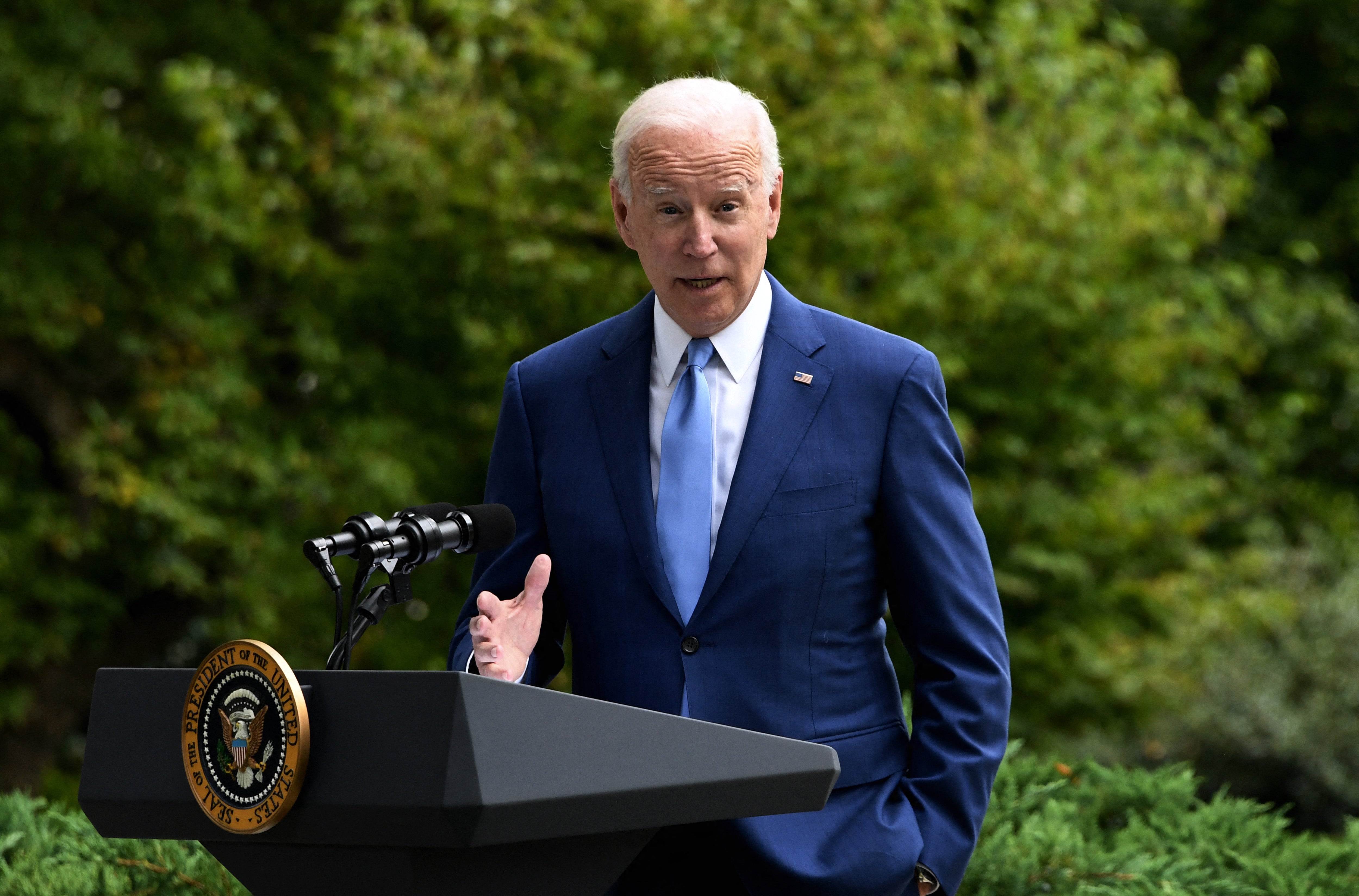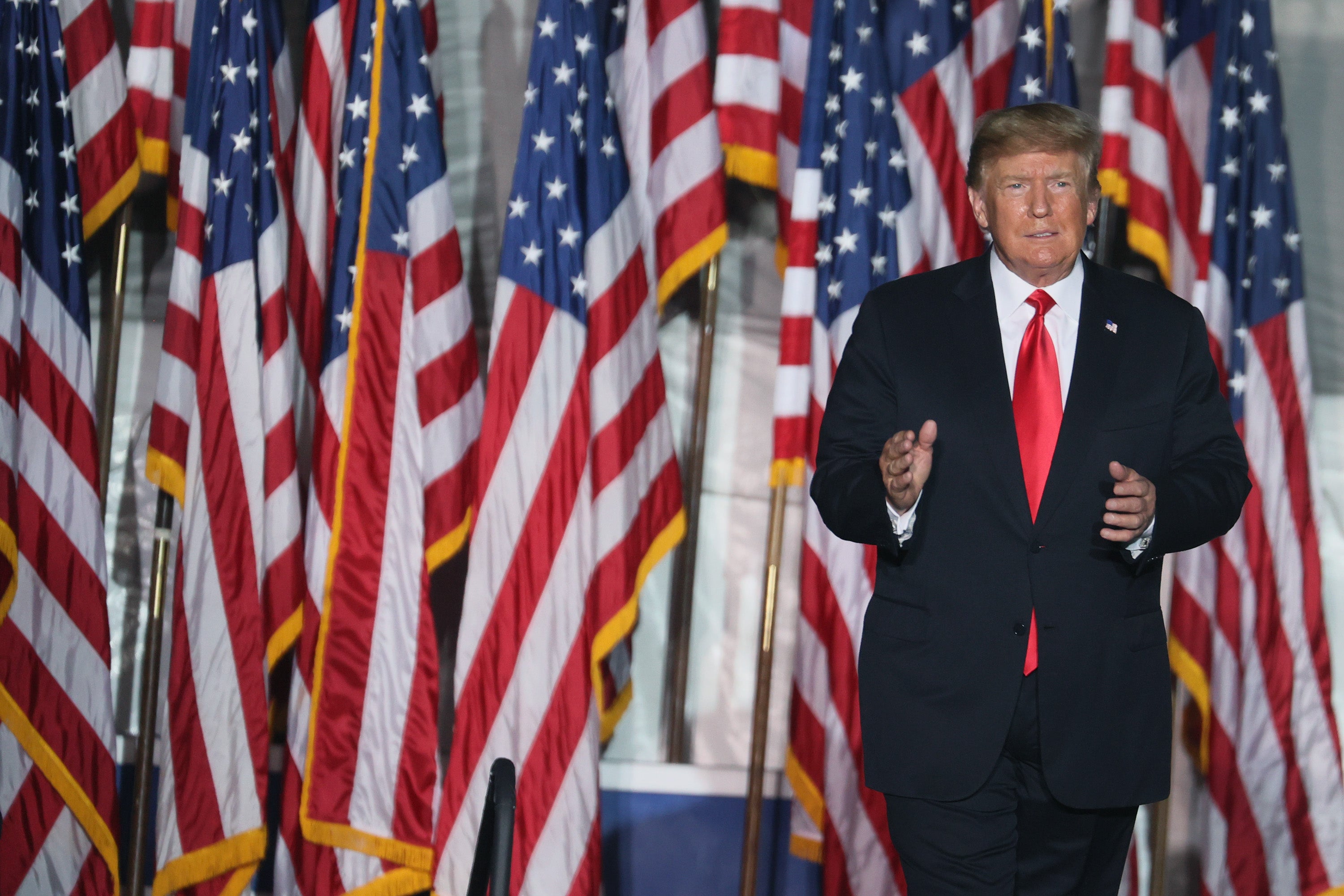Retreating from free trade has a damaging history – but it’s a mistake world leaders are set to repeat
Protectionism brings short-term benefit, but long-term harm – nations like the UK, US and China need to realise that, writes Vince Cable


There aren’t many American politicians, other than ex-presidents and Alexander Hamilton, who could claim global name recognition generations after their terms of office.
Senator Reed Smoot and Representative Willis Hawley, however, became infamous through their 1930 legislation – the Smoot–Hawley Tariff Act – raising US tariffs. Their legacy, of tariffs on 20,000 imported products, made a substantial contribution to the economic devastation of the Great Depression and to the bout of retaliatory trade warfare which helped fuel the drive to actual war. Almost a century later, their protectionist agenda is enjoying a revival.
Until the middle of the last decade, it all looked so hopeful. More than 60 years of sustained post-war reduction in trade barriers had contributed generously to prosperity: not just in the rich western world but pulling hundreds of millions, especially in Asia, out of poverty. A rules-based system evolved, centred on the General Agreement on Tariffs and Trade (GATT), then on the World Trade Organisation (WTO). It led to the removal of most tariffs and quotas, and substantial liberalisation of economies almost everywhere.
There was progress in opening services to international trade and in removing non-tariff barriers (for example, by developing common public procurement regimes). The use of trade-distorting subsidies was scaled back. Intellectual property protection, investor protection and technical standards were strengthened and subject to global rules. The EU Single Market took international economic integration to a new level and has been a role model for deeper cooperation in North America, Asia and, more cautiously, in Africa and Latin America.
The “golden age” of globalisation which resulted brought great benefits. Consumers enjoyed low prices and a cornucopia of choice while businesses were able to exploit the advantages of global supply-chains. But there were some disgruntled losers, whose jobs were swept away by competition or who were “left behind” – those for whom the system wasn’t delivering. When I wrote The Storm in 2009 at the time of the financial crisis, I warned that this would cause a backlash against globalisation and that the revolt would take the form of economic nationalism. But nothing happened; trade continued to expand. I had “cried wolf”.
Then the wolves arrived. The first arrived in sheep’s clothing. Brexit wasn’t supposed to be about creating protectionist trade barriers; rather, it was supposed to enable Britain to trade freely with everyone (while keeping out unwelcome workers). Britain had, after all, been a standard bearer for “free trade” since the abolition of tariffs on food imports – the Corn laws – in the 1840s.
Brexit is turning out to be the opposite of a great free-trading adventure. The UK became the first country in recorded economic history to have raised major non-tariff trade barriers against its own exporters, the costs of which are yet to be fully assimilated. The UK may yet experience actual tariff barriers since the insistence on impossible “red lines” over the Northern Ireland protocol may now result in the abandonment of a zero-tariff commitment in the post-Brexit trade agreement with the EU. Or, more likely, selective EU tariffs on British whiskey or fish.
Donald Trump did not arrive in disguise. He had long believed in trade warfare through which his negotiating genius could realise big gains for the USA. He introduced tariffs on aluminium and steel and a variety of manufactures. And he imposed an average of 20 per cent tariffs on around $350bn (£257bn) of Chinese goods in a tit-for-tat trade war. He evidently believed that the costs of tariffs were born by Chinese exporters despite the evidence given to him that American consumers were paying and that overall jobs would be lost when Chinese retaliation was taken into account.
An even bigger blow to free trade was Trump’s refusal to work with the WTO Dispute Settlement procedure and to nominate judges to its appellate panels. All part of his crusade against “globalists”. The effect has been to marginalise the WTO. Furthermore, Trump withdrew the USA from an Asia-Pacific trade agreement – now called the CPTPP – designed to liberalise trade and set common standards in that region.
President Joe Biden has followed the Trump script closely albeit without the belligerent language and Twitter diplomacy. Despite the talk of building bridges with allies, some tariffs remain in place to the chagrin of the EU in particular – although there has been talk of a truce (and Biden did show an emollient side in bringing an end to a longstanding Boeing-Airbus dispute). The 140,000 or so steel workers in politically crucial Ohio and Pennsylvania appear to have more clout that the 6.5 million people who work in steel-using industries, echoing Trump’s commitment to the visible symbols of American manufacturing (at the expense of wider economic welfare).

Biden has also doubled down on Trump’s restrictions on trade with China and threatens more. But the Chinese are not to be outdone in economic nationalism. They are now following a “dual circulation” strategy – seeking to boost domestic demand and establish self-sufficiency in supply chains. In short, trade sanctions against China have led to retaliation. And China is also using trade sanctions against US allies, such as Australia, and other countries which cause annoyance. The hope that China and the USA would work together to sustain the international economic order is receding fast.
The Biden administration shows no interest in restoring the US leadership role in the WTO or the CPTPP. Moreover, Biden’s infrastructure bill and his omnibus bill addressing the climate crisis are full of commitments to use public procurement to favour American firms. “America First” may be an understandable slogan for a beleaguered president facing the prospect of difficult mid-term elections but it sends a strongly nationalistic and negative message to the rest of the world. That message could have been crafted not just by Trump but by Messrs Smoot and Hawley almost a century ago.
The world of Smoot and Hawley was however much simpler than today. The concept of complex global supply chains scarcely existed. Their agenda was straightforward: to use tariffs to discourage trade. The modern protectionist agenda is more subtle and insidious. The current, post-Covid, scramble to “re-shore” production on vague grounds of “resilience” provides the perfect alibi but these policies will slowly, but no less surely, erode living standards.
It is also very doubtful that inter-war legislators thought much about the environment. But global warming is now a very pressing global issue. The problem for trade is that decarbonisation of domestic production in a given market may lead to concerns about “carbon leakage” – in the form of imports from less carbon conscious places. This will, in turn, lead to more trade restrictions. But exporting countries may well regard such measures as another excuse for protectionism, as in the current stand-off between the EU and the South American common market, Mercosur, where a trade agreement is stalled because of EU threats to penalise Brazil over deforestation.
The ghosts of Smoot and Hawley should haunt global leaders today. Their protectionism demonstrated that its benefits are a short-lived prelude to economic damage and conflict
The EU is currently developing a system of taxing the carbon content of imports which will be strenuously resisted by many developing countries. China – which was expected to be the main target of this “green protectionism” – has, rather smartly, introduced its own system of carbon pricing but other countries will be caught in the net.
What isn’t new is the connection between economic war and the threat of real war. As the USA and China both “decouple” from mutual trade and investment on grounds of “security” or seek to use trade sanctions against each other and their allies to “punish” abuses of human rights (on one side) or “insults” (on the other), we see mounting ill will and suspicion and a reluctance to be bound by global rules. Trade is a casualty of geopolitical strife, and will doubtless be the cause of more.
The ghosts of Smoot and Hawley should haunt global leaders today. Their singular contribution in the form of trade protectionism demonstrated vividly that its benefits are a short-lived prelude to serious economic damage and global conflict. Yet this is history the world seems doomed to repeat.






Join our commenting forum
Join thought-provoking conversations, follow other Independent readers and see their replies
Comments